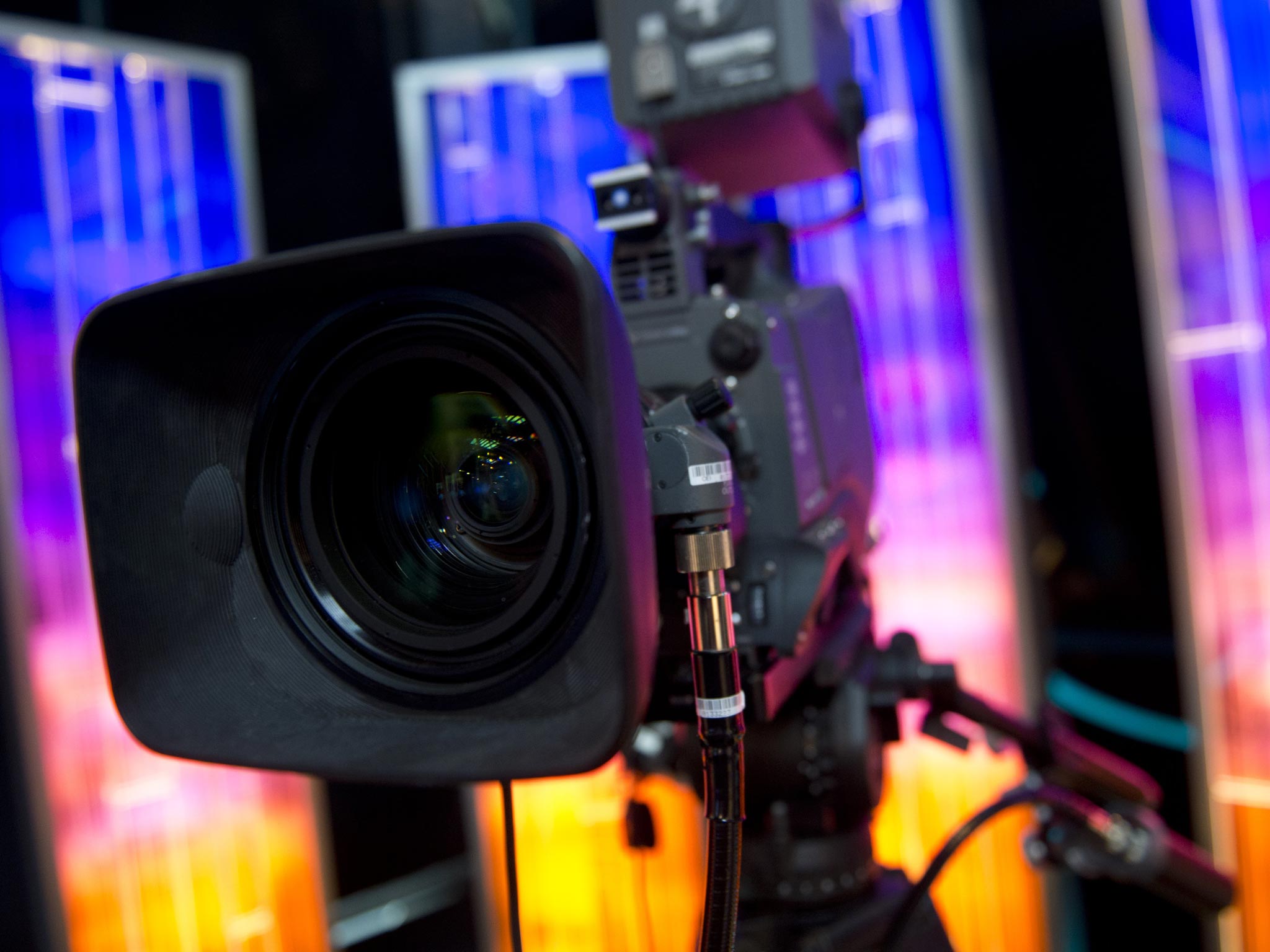Ian Burrell: Broadcasters’ new recruitment policy shows that somebody still loves newspaper reporters
The Media Column: Behind the camera, too, Television news is looking to newspapers

Newspaper reporters are heading to television in their droves and taking many of the best jobs. It’s not, I suggest, a sign of the declining influence of the press so much as an indicator of the depth of talent that Fleet Street still possesses.
Even now, post-Leveson and in the midst of the phone-hacking trial, the written media still commands the greatest respect in broadcasting for setting the news agenda by breaking exclusive stories. The best wordsmiths are also admired for their ability to analyse news, using a medium that affords them luxuries of greater time and space.
It’s why so many press journalists have recently been asked to work in front of the camera. Key vacancies in television newsrooms have been filled by Kamal Ahmed, who is leaving The Sunday Telegraph to become business editor of the BBC, and Ian King, who has been recruited from The Times to become the new business presenter on Sky News.
King is one of a succession of press journalists recently hired by the satellite news channel, with Paul Kelso (former chief sports reporter at The Daily Telegraph) Afua Hirsch (joining from The Guardian as social affairs and education editor) and Anushka Asthana (who joined from The Times as political correspondent last year), having made transitions to rolling television news.
BBC Newsnight needs a replacement for on-screen mischief makers Michael Crick and Paul Mason (who have defected to rival Channel 4 News) and the editor, Ian Katz, has turned to the press. Chris Cook, a former leader writer and education correspondent at the Financial Times, has been given a wide-ranging role as Newsnight’s new policy editor. Look out for him.
Behind the camera, too, television news is looking to newspapers for executive talent. This is most obvious at the BBC where the former editor of The Times, James Harding, took up the top role of director of news and current affairs last year and has subsequently brought in Keith Blackmore, his former deputy at the newspaper, to be his managing editor at the BBC.
Katz was given the top job at BBC Newsnight on being recruited late last year from The Guardian, where he was deputy editor. Sky News hired The Daily Telegraph news editor, Matthew Bayley, as its head of specialist journalism.
The pressure cooker atmosphere in press newsrooms and the fierce competition in the market may have created tensions which concerned Lord Justice Leveson – but this is also an environment that produces good reporters.
It has long been commonplace for broadcast journalists to have newspaper experience on their CVs. What is changing is the pace of transition.
“Some journalists are coming from newspapers straight into people’s living rooms on television – whereas in the past they would have worked their way up through local radio and have lots of on-air miles,” says Mark Wray, acting head of the BBC’s College of Journalism. “The BBC is in the business of finding great journalists and some won’t have had the grassroots experience. The stakes for them are very, very high.”
Of all the new recruits, King is the one with the hardest task: hosting Sky News’s specialist business show from its studio at the top of the Gherkin in the City of London. “Kingy” is greatly admired in newspapers, not least because of his success in packaging business news for a red-top readership during his time at The Sun. He will need to show a similar adaptability anchoring his own live show, especially when there are hitches.
Switching media is easier at the BBC, with its extensive support network. Newbies are assigned an experienced producer to hold their hand as they start to “write for pictures”. They learn to paint pictures with words for radio, a medium that provides BBC staff with a gentler introduction to broadcasting. They get voice coaching tips on breathing and annunciation. They learn body language designed to be engaging but not distracting and are taught the dynamics of a “two-way” with a presenter. This help is offered to those joining from other backgrounds, such as the former Tate Gallery director turned arts editor Will Gompertz.
Some press journalists find it hard to be concise. A broadcaster aims for three words per second and a typical television item will be only two and a half minutes (of which only a small part is scripted). A radio report is often only a minute long (180 words). Veterans of the transition say the hardest test is broadcasting live from a crowded location, where a “stand-upper” to camera can be ruined by jeering onlookers.
The era of multi-platform journalism is here. Inside The Daily Telegraph, The Guardian and other papers, journalists are being schooled in video reporting. The trend is most obvious in this very building, where reporters from The Independent and London Evening Standard are preparing to work for new television channel London Live. And meanwhile at the BBC, broadcast journalists are taught how to write text reports for the BBC website.
These days, you must do it all.
Twitter: @iburrell
Join our commenting forum
Join thought-provoking conversations, follow other Independent readers and see their replies
Comments
Bookmark popover
Removed from bookmarks